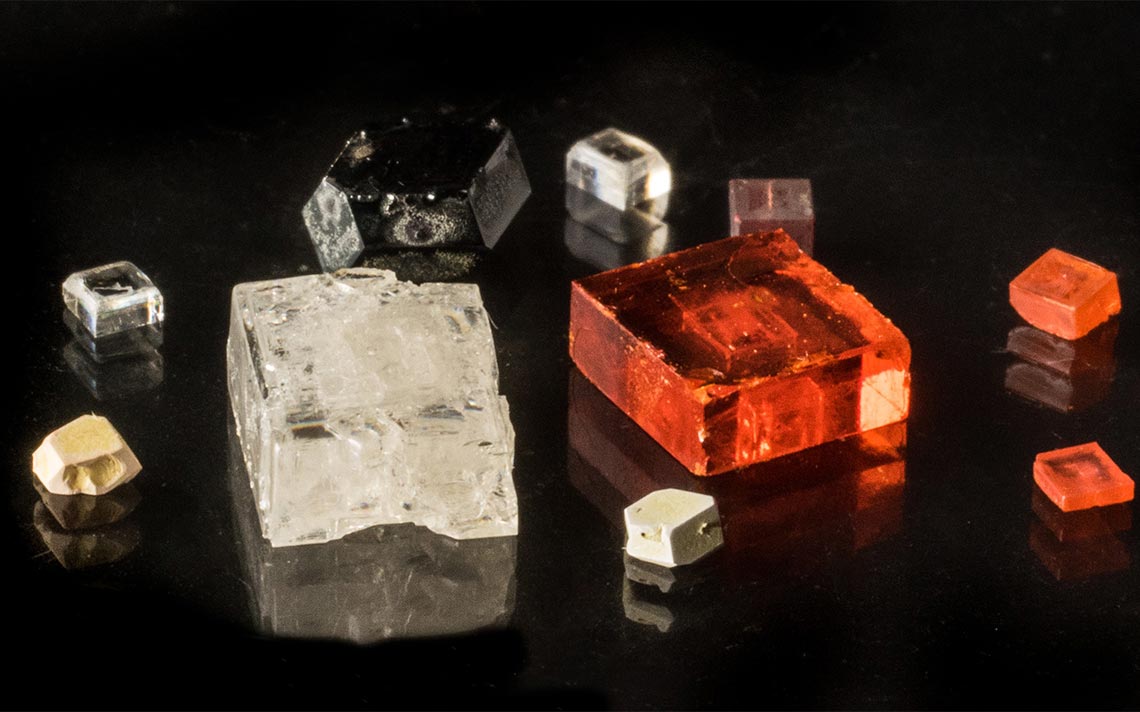About CHOISE
The Center for Hybrid Organic-Inorganic Semiconductors for Energy's (CHOISE's) mission is to form a cohesive center-wide effort to accelerate discovery and elucidate design principles for unprecedented control over emergent properties involving spin, charge, and light-matter interactions, leading to new energy-efficient advanced technologies.
CHOISE is an Energy Frontier Research Center of the U.S. Department of Energy's Office of Science.
Our Goals
CHOISE has four research goals with intended impacts.
1. To uncover design rules dictated by the distinct requirements of organic/inorganic chemistry. See our research thrust, Crystalline HOIS Design, Synthesis, and Structure-Property Relationship.
Impact
Develop high-precision control over composition, structural dimensionality, defect
density, orientation, and conformation of organic molecules within hybrid organic-inorganic
semiconductors (HOIS).
2. To control spin-orbit coupling (SOC) and Rashba splitting to uncover and exploit the unique roles of the inorganic and organic sub-components on long spin-coherence times in the presence of large SOC. See our research thrust, Controlling Spin Degrees of Freedom.
Impact
Gain unprecedented control over the energetics, coherent transport, and dynamics
of spin populations.
3.To elucidate and exploit structure/function relationships, both within the bulk and at HOIS surfaces and interfaces. See our research thrust, Controlling Light/Matter Interaction.
Impact
Understand energy-efficient interconversions between light, excitons, spins, and
charge carriers, along with how these interconversions underpin excited-state processes
that are driven by photons.
4. To control the degree of "softness" to discover how charges couple to static and dynamic lattice properties. See our research thrust, Harnessing Charge-Carrier Degrees of Freedom.
Impact
Understand emergent phenomena such as ferroelasticity, ferro- and piezoelectricity,
giant electrostriction, slow hot-carrier cooling, and controlled doping.









